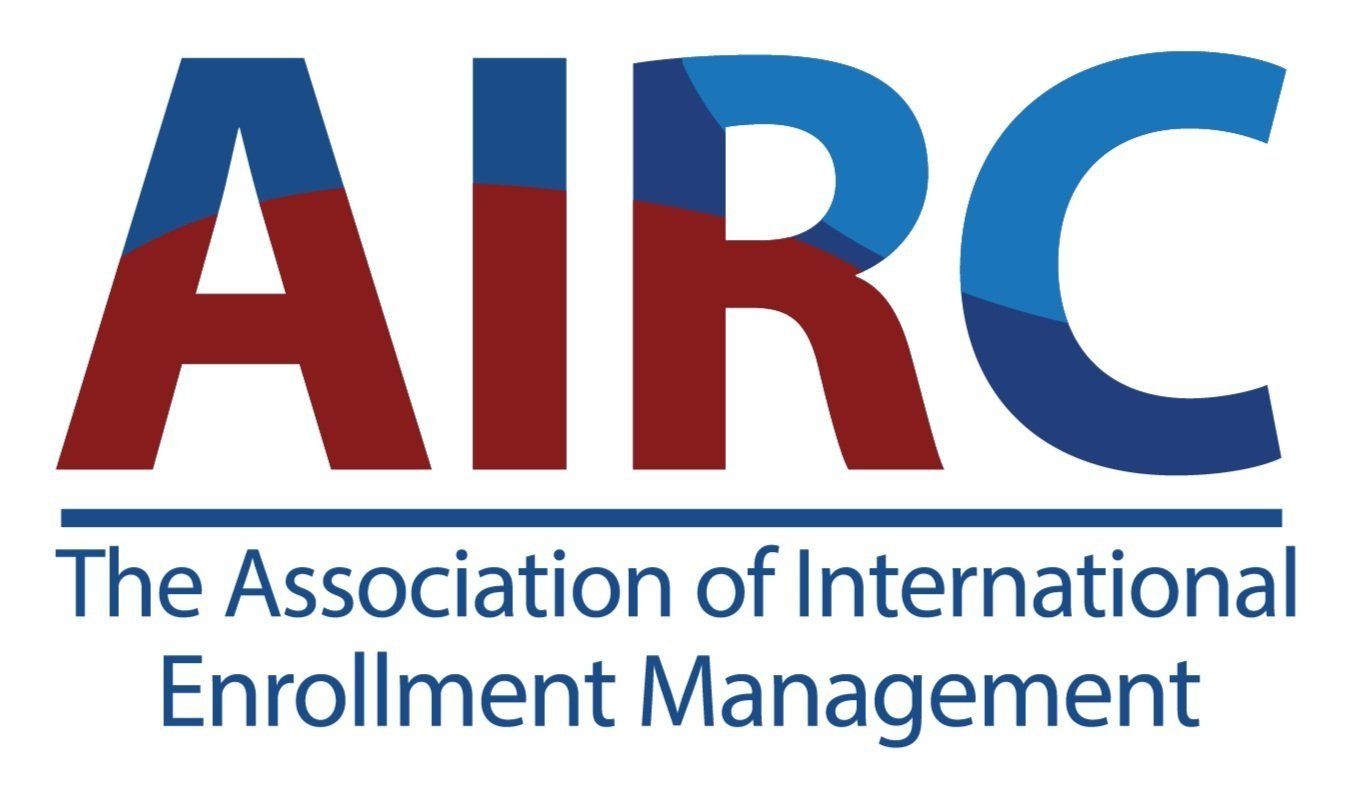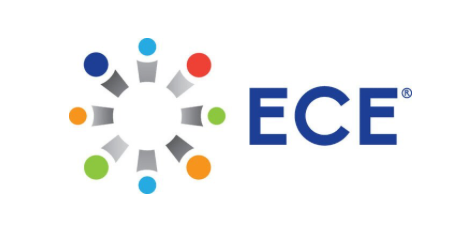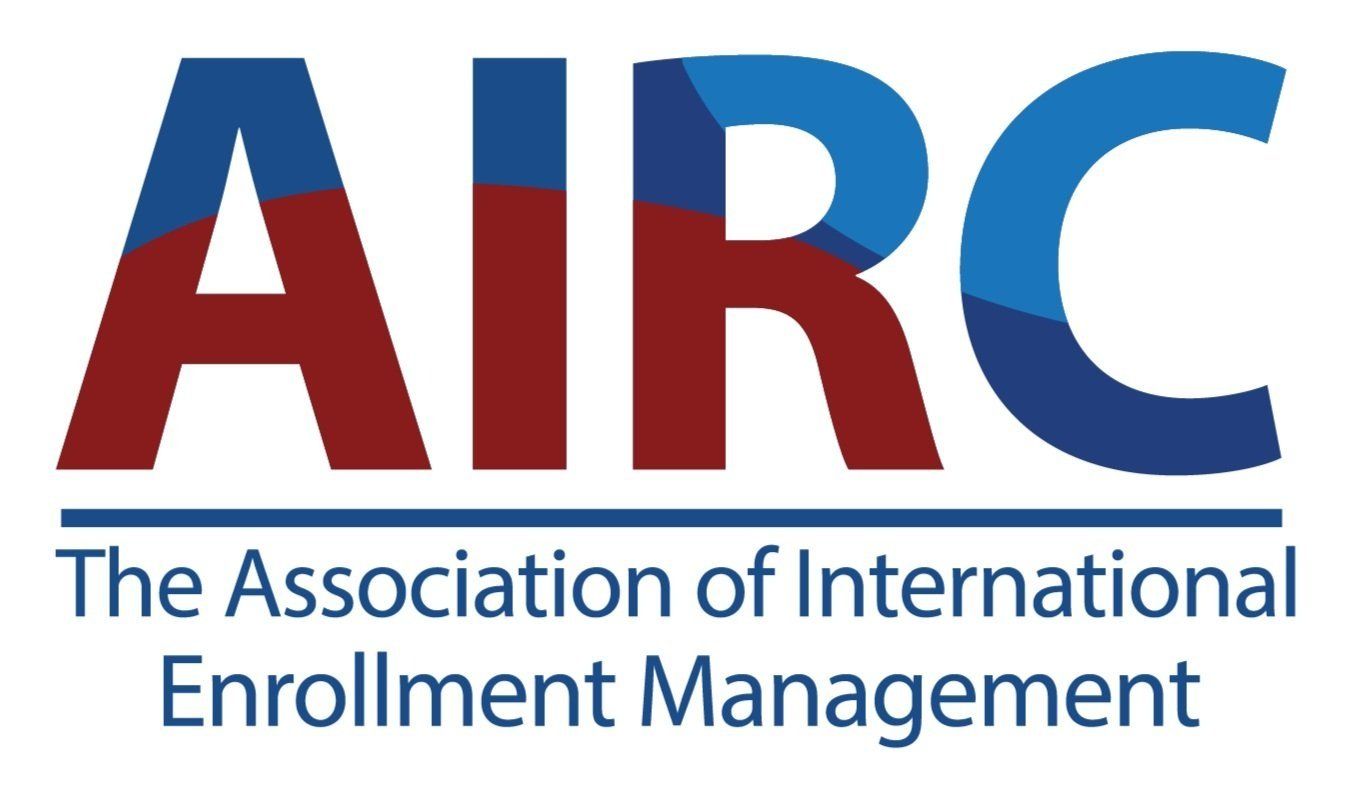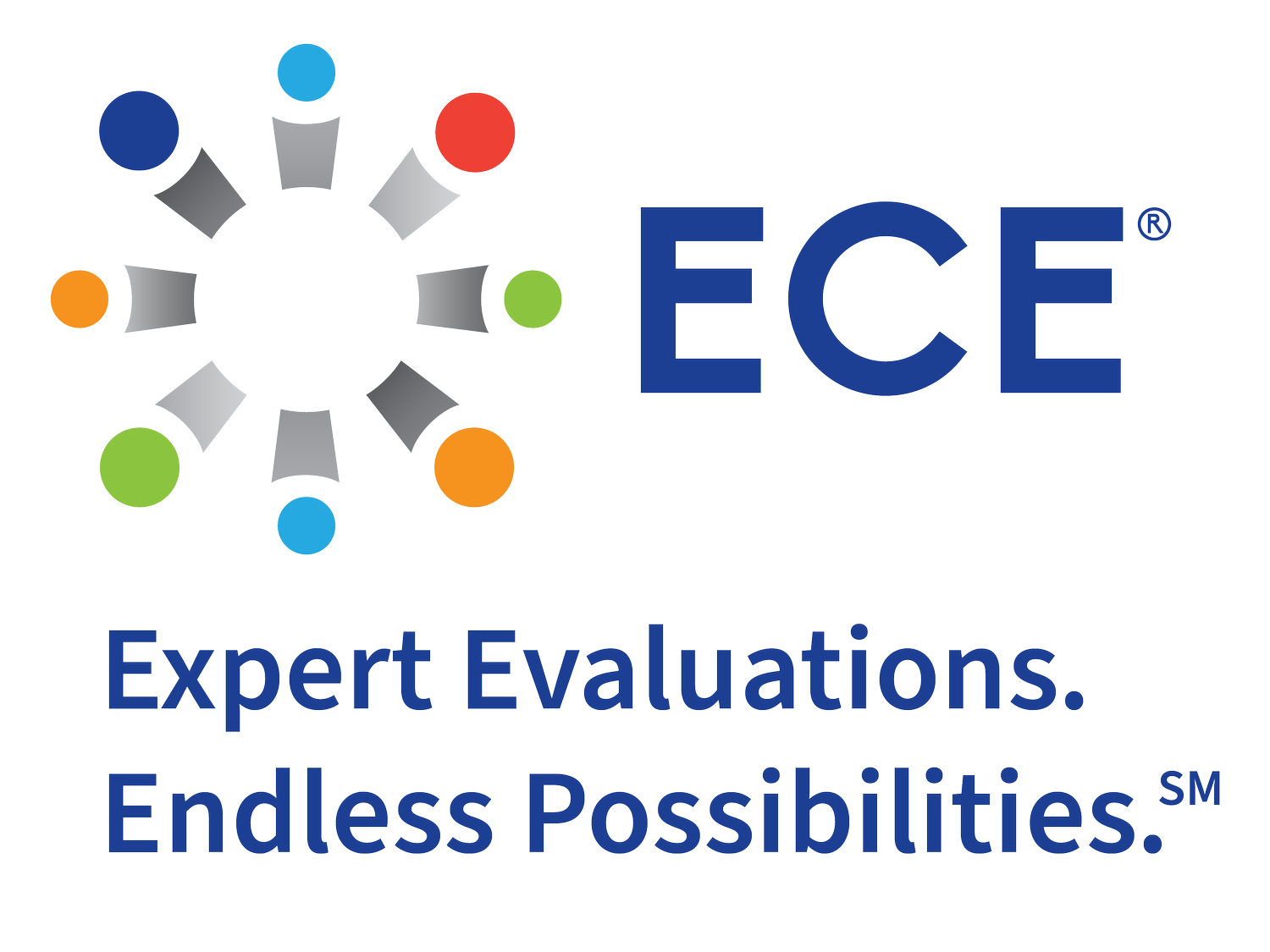February 20, 2025
As a member of the U.S. for Success Coalition’s Advisory Council, we are pleased to share the following updates with the AIRC community. Quarterly Update (covering the period from November 2024 to January 2025) What Our Coalition Leaders are Saying To mark the one-year anniversary of our coalition, we issued a press release: U.S. for Success Coalition Sets New Goals and Welcomes New Members to Achieve International Student Success . See our 2025 Coalition goals here . Following the election, a number of our Executive Committee members issued statements and recommendations for the new Administration. Defending and Maintaining the Integrity of our Student Visa Programs On January 28, 2025, NAFSA’s Joann Ng Hartmann and Jill Allen Murray issued a fact-based response to alleged abuse of the U.S. Student Visa system. In Alleged Abuse of the U.S. Student Visa System: A Fact-Based Response , they make important clarifications on issues such as student visa status, student visa integrity, international student transfers upon entry, curricular practical training, and the role of associations and coalitions. Late last year, the U.S. for Success Coalition established a Visa Integrity Task Force to explore whether there are issues that need to be addressed in order to ensure the security of our system continues to serve the vast majority of international students and higher education institutions who are adhering to responsible, ethical practices. As a coalition, we are committed to the success of international students, and as such, we have a vested interest in preserving the integrity of the F-1 and J-1 student visa categories. There will always be those who will try to take advantage of existing visa categories and pathways for other purposes, and we aim to minimize any bad actors to ensure the vast majority of students and higher ed institutions who are using the system with integrity can continue to do so. Our Visa Integrity Task Force is currently focusing on preparing a brief informational document to address the alleged improper use of initial school transfer by arriving F-1 students. Steve Springer, Director, Regulatory Practice Liaison of NAFSA, serves as chair, with support from task force member representatives of the following organizations: AACRAO, AIRC, ICEF, NAFSA, and Shorelight. Higher Education Engagement: Resources and Upcoming Events The U.S. for Success Coalition continues its working group, chaired by Joann Ng Hartmann of NAFSA and Kate Campbell of IIE, to strengthen the Coalition’s work with U.S. higher education institutions in order to increase and diversify international student enrollment and post-graduation pathways across all U.S. states and territories. Our 2025 goals for this part of the coalition’s work are to: Share advocacy opportunities with coalition members and their respective higher ed institution (HEI) members to increase and diversify international student success in the United States; Share relevant data from the coalition’s leadership about market trends in student mobility and enrollment; Uplift best practices for student success; and Serve as a connector for higher education institutions across multiple organizations. We were pleased that so many of you were able to join our welcome event on December 4 with higher education institutions. There will be additional sessions on how U.S. higher education institutions can benefit from the coalition’s work at the upcoming March AIEA conference in Houston, Texas, and the May NAFSA Conference in San Diego, California. What We Can Do Together United, informed and vocal, together we can make change happen. As noted in Erica Stewart’s emails to Connecting Our World advocates (if you haven’t signed up to receive those emails, you can do so here ), here are a few things we can all do: Share the impact of recent Executive Orders on your students, college or university and community. NAFSA has distributed this brief questionnaire, intended to help better understand the immediate and potential impact of recent executive actions by the Trump administration affecting international education and exchange programs, DEI (Diversity, Equity, Inclusion) programs, National Institutes of Health (NIH) research funding, and extreme vetting of international students and scholars. You may submit this anonymously and without providing contact information. Bookmark NAFSA’s online “go-to” resource to stay abreast of the current administration’s executive orders and other federal actions affecting international education. Note the URL shortcut of nafsa.org/current-us-administration . The Presidents’ Alliance on Higher Education and Immigration is also regularly adding resources to its website for all immigrant populations: undocumented, international and refugee students. The f ederal policies category provides a summary of how the recent Executive Orders and other actions impact different groups of non-citizen students - including international students . The Presidents’ Alliance also recently launched the newly revamped Higher Ed Immigration Portal to help users find crucial data, advocate effectively, and fuel change at the federal, state, and campus levels. Take Action : In addition to educating about the human difference that international students make, we must also educate policymakers about how international students help to lower costs for U.S. students and bring revenue to local businesses (food, retail, housing, etc). Use NAFSA’s Take Action tool to share the latest economic value data with your elected officials in Congress. Gather your stories. Promoting a positive narrative about international students will be vital to our success in protecting against policies that would damage our ability to attract and retain these students. We need to be sure we are ready to tell our powerful stories about what’s at stake if international student visas were to be denied or revoked or if international student programs are undermined or called into question. We all know that when international students choose the United States to study, live and work, we all benefit. As you gather your stories, if you would like to share them with the Coalition’s leaders for advocacy, you can enter your stories in box #5 of the questionnaire on NAFSA’s website. Additional Resources from Our Advisory Council Members For each quarterly update, we intend to share relevant data from the coalition’s leadership about market trends in student mobility and enrollment. Here are some recently released reports from Advisory Council Members ApplyBoard and IDP: ApplyBoard has released two reports you may find useful for our own planning and analysis: What Were the Fastest-Growing Destinations for International Students in 2024? TOP TRENDS IN INTERNATIONAL EDUCATION FOR 2025 AND BEYOND Navigating Global Student Mobility IDP issued a new white paper, co-published with inSpring: “ Connecting Industry & Education: International Talent as a Solution to the U.S. Labor Shortage .” The United States is facing a critical labor shortage, fueled by demographic headwinds and an increasing demand for skilled labor. The 1.1 million international students already in the country, trained with in-demand skills and eager to work, represent a powerful solution. Despite clear benefits, these talented individuals remain an underutilized resource. Download IDP’s white paper , which takes a deep dive into: Causes of the U.S. labor shortage and most-impacted states and industries International talent as a workforce solution Available employment pathways Benefits of international students to the U.S. economy Case studies of a higher education institution, an employer, and an international student Priority actions for how education and industry can collaborate to build a sustainable, future-ready U.S. workforce








